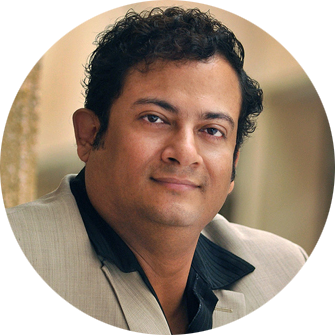Faculty in Statistical Bioinformatics
Meet our Faculty and learn about their background

Dr. Bani Mallick
Director
Dr. Bani K. Mallick https://web.stat.tamu.edu/~bmallick/ is a Distinguished Professor and Susan M. Arseven `75 Chair in Data Science and Computational Statistics in the Department of Statistics at Texas A&M University in College Station. He is also the Director of the Texas A&M TRIPODS Research Institute for Foundations of Interdisciplinary Data Science (FIDS) . Dr. Mallick is well known for his contribution to the theory and practice of Bayesian Semiparametric methods and Uncertainty Quantification. He is an elected fellow of American Association for the Advancement of Science, American Statistical Association, Institute of Mathematical Statistics, International Statistical Institute and the Royal Statistical Society. Mallick’s areas of research include semiparametric classification and regression, hierarchical spatial modeling, inverse problem, uncertainty quantification and Bioinformatics.

